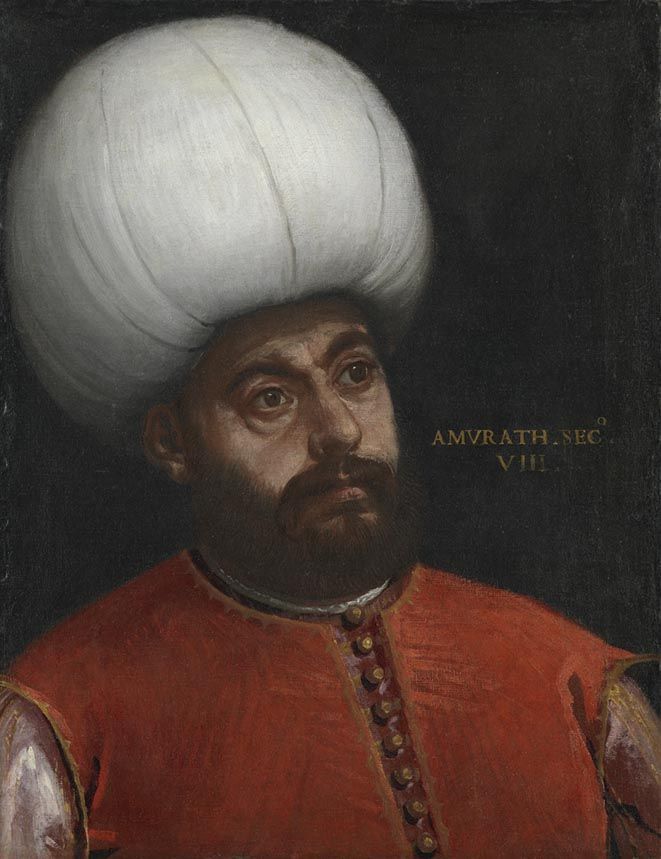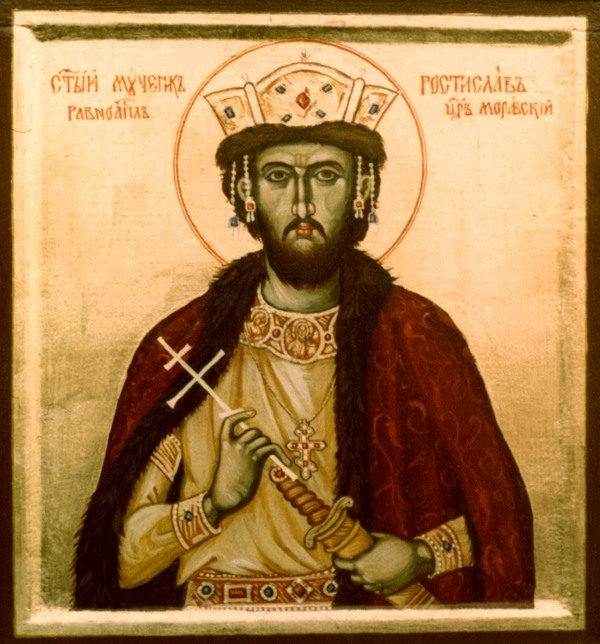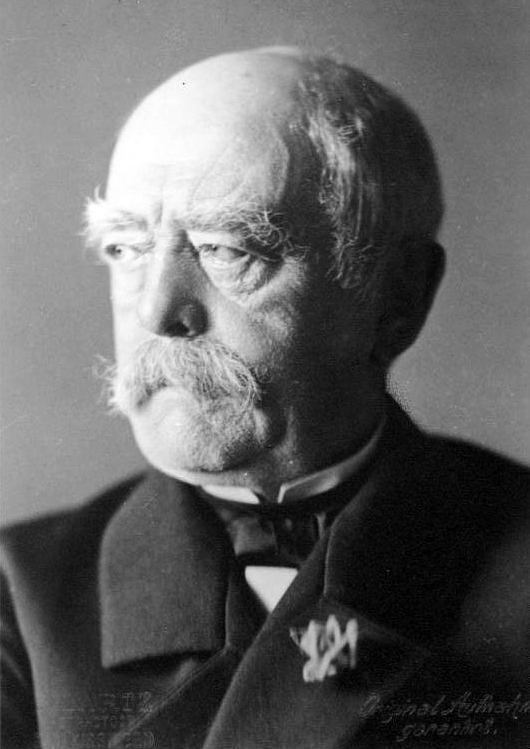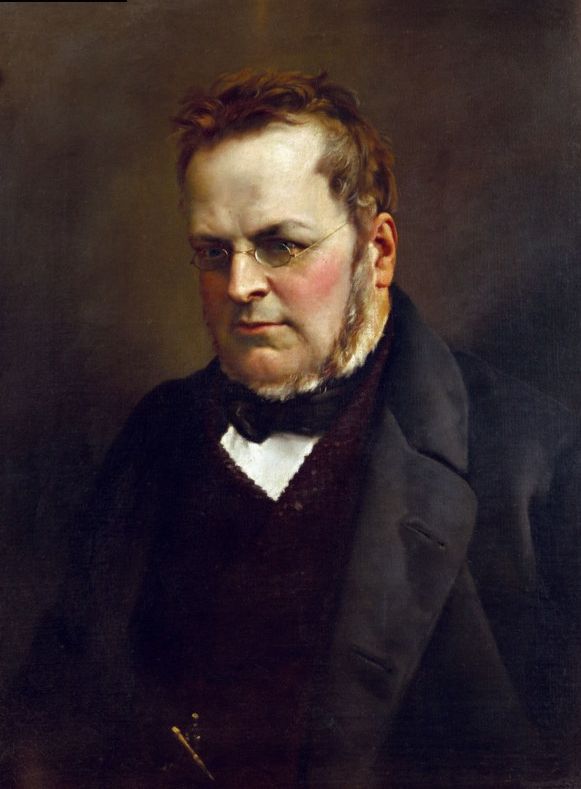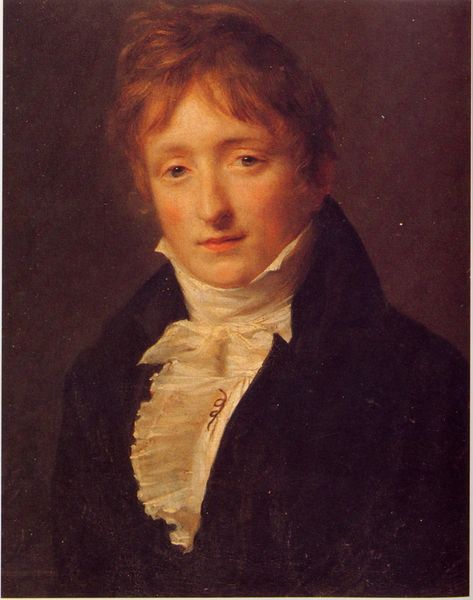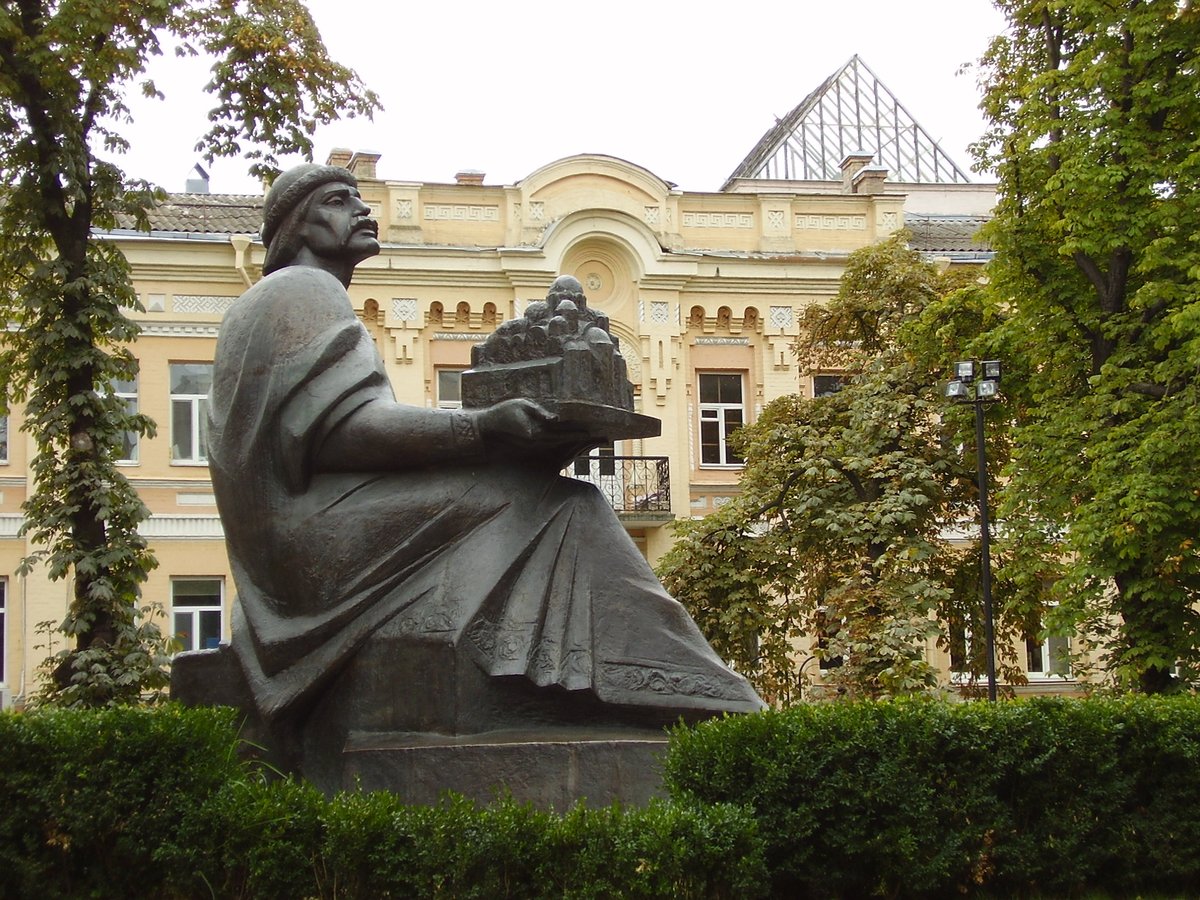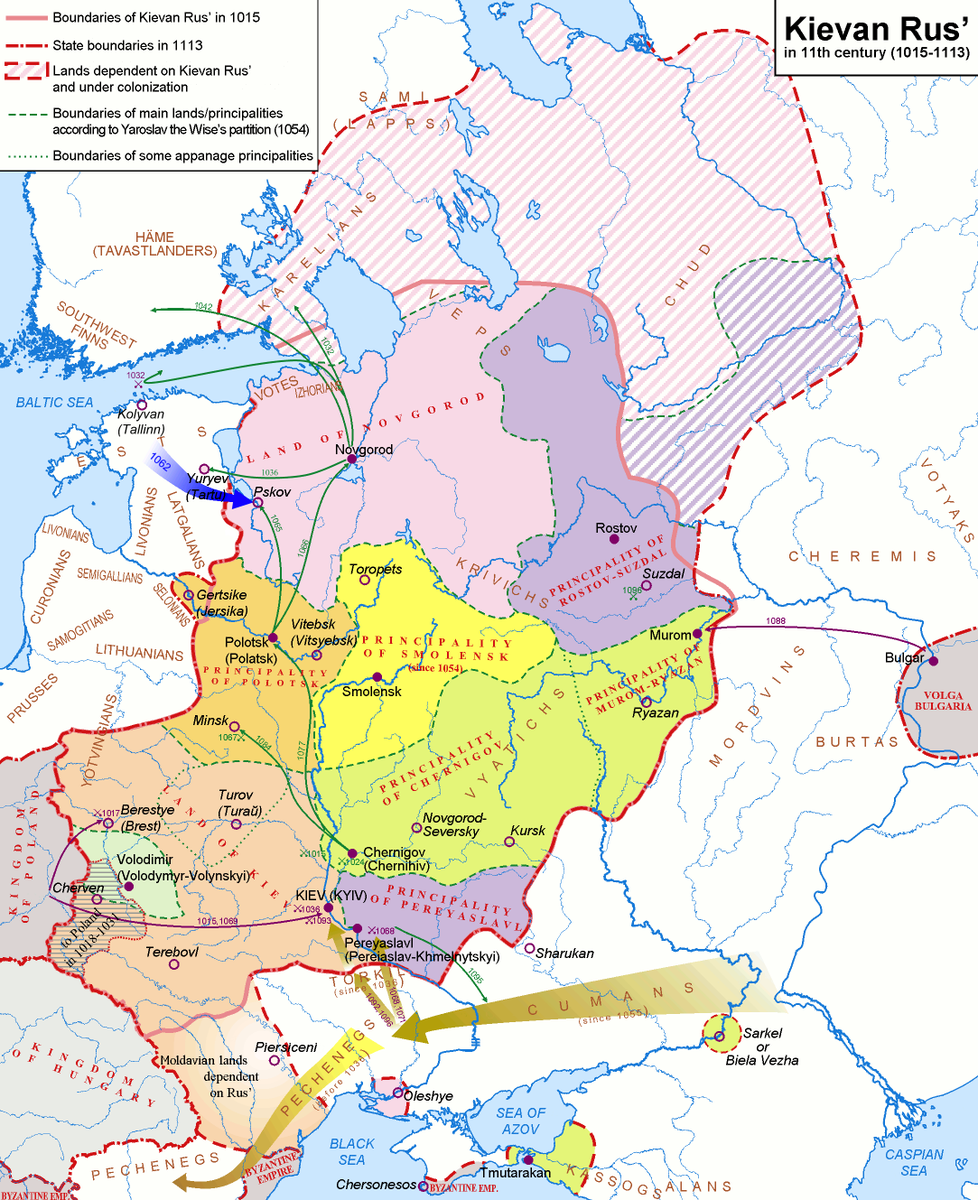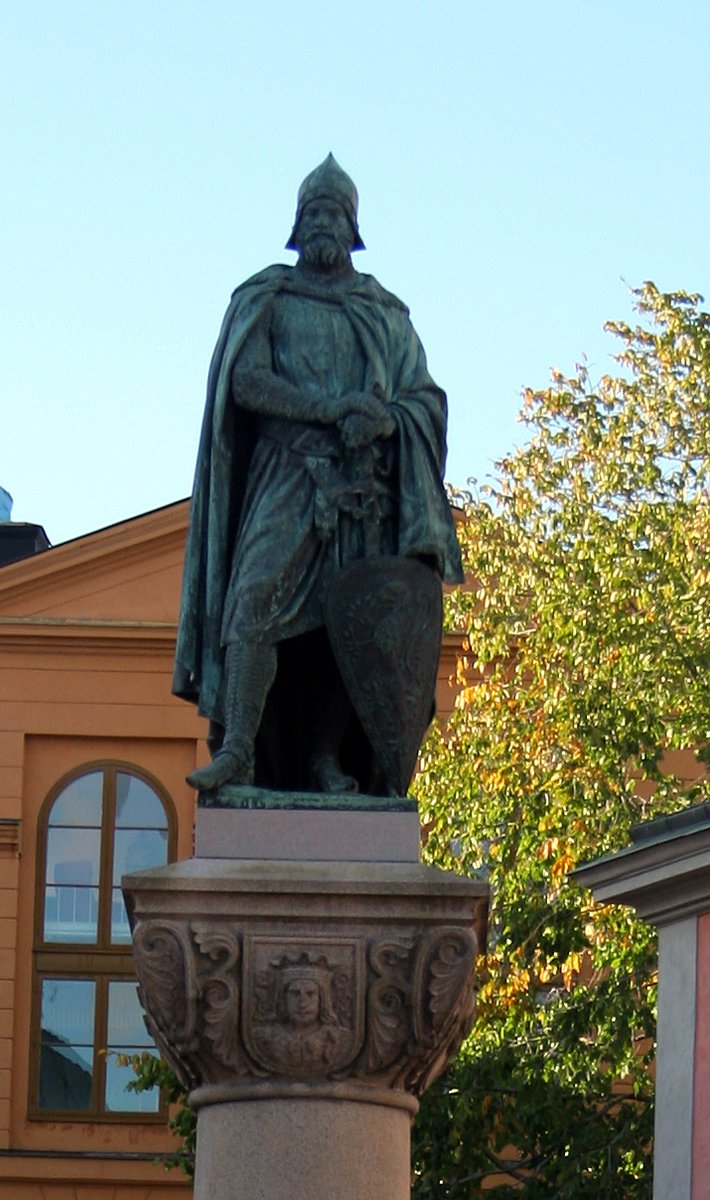A Prince who seized his nephew's throne, but lost an Empire.
A King whose death almost saved his Kingdom.
Story in the evening ...
A King whose death almost saved his Kingdom.
Story in the evening ...
https://twitter.com/Arby_K/status/1453912037281570822
John d'Anjou was born in 1166 as the youngest child of Henri d'Anjou, King of England, and Eleonore d'Aquitaine, Duchess of Aquitaine. As his parents' fourth son to reach adulthood, a regnal role was unlikely in the offing for Prince John. 1/10 

King Henri also ruled over Normandy, Anjou and Maine. When his third son, Geoffrey, married Constance de Bretagne, Duchess of Brittany, it brought a large part of France under Angevin control. But Prince John was unlikely to inherit any of his parents' domains. 2/10 

In 1177, John was given the Lordship of Ireland, after the English managed to acquire part of the island. But soon his fortunes changed after his eldest brother's rebellions and death in 1183. In 1186, his brother, Geoffrey, died leaving behind a posthumous son, Arthur. 3/10 

In 1189, King Henri died and John's remaining elder brother, Richard, became King. The new King named Prince Arthur his heir, but went off to Levant for a Crusade soon, with the French King. John was able to gain authority in England, during his brother's lengthy absence. 4/10 

King Richard's return reversed John's fortunes. He fled for Normandy, but eventually reconciled with his brother. John was named heir instead of Arthur, but when King Richard died in 1199, the French provinces sided with young Duke of Brittany. 5/10 

The next few years saw King John and Duke Arthur alternatively siding with the French King, who in the end managed to acquire Normandy, Anjou and Maine. Arthur was put in prison by King John, where he subsequently "disappeared". 6/10 

In 1203, Arthur's three year old half sister, Alix de Thouars, became the Duchess of Brittany, while all that remained of the vast Angevin Empire in France was a weakened Duchy of Aquitaine. The reversal of fortunes had a heavy impact in England. 7/10 

Already burdened by the cost of his brother's Crusading escapades, King John had to be creative on raising revenue. After a tiff with Pope over appointment of Archbishop of Canterbury, he managed to raise revenue from churches. But by 1213, he had to reconcile with Church. 8/10 

A French conquest of England lurked in the shadows. King John, allying with the Pope and the Holy Roman Emperor, took on France, but they failed spectacularly at Bouvines in 1214. The defeat also led to a civil war in England, with the Barons rebelling against the King. 9/10 

Faced with difficult options, King John signed Magna Carta, which gave more power to the Barons. But the King soon reneged on it, though the position of the Barons strengthened further with French support. The King's death in 1216, however, led the Barons to switch sides. 10/10 

• • •
Missing some Tweet in this thread? You can try to
force a refresh


